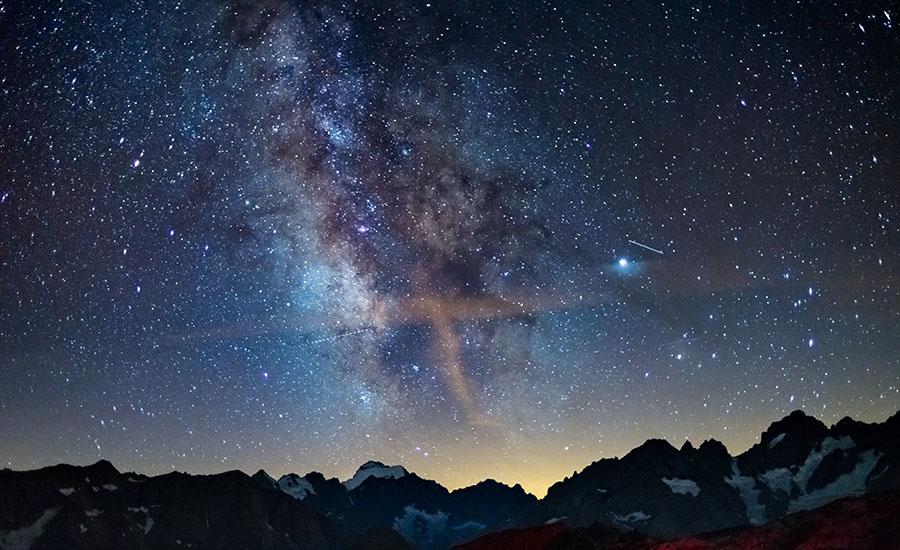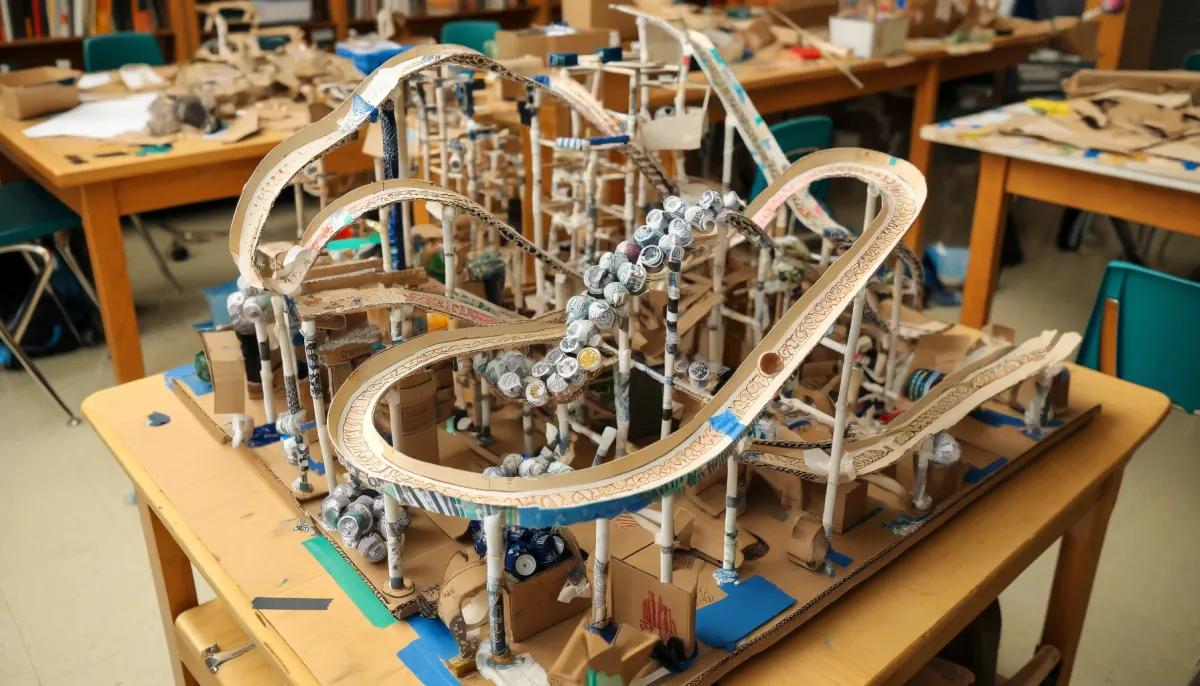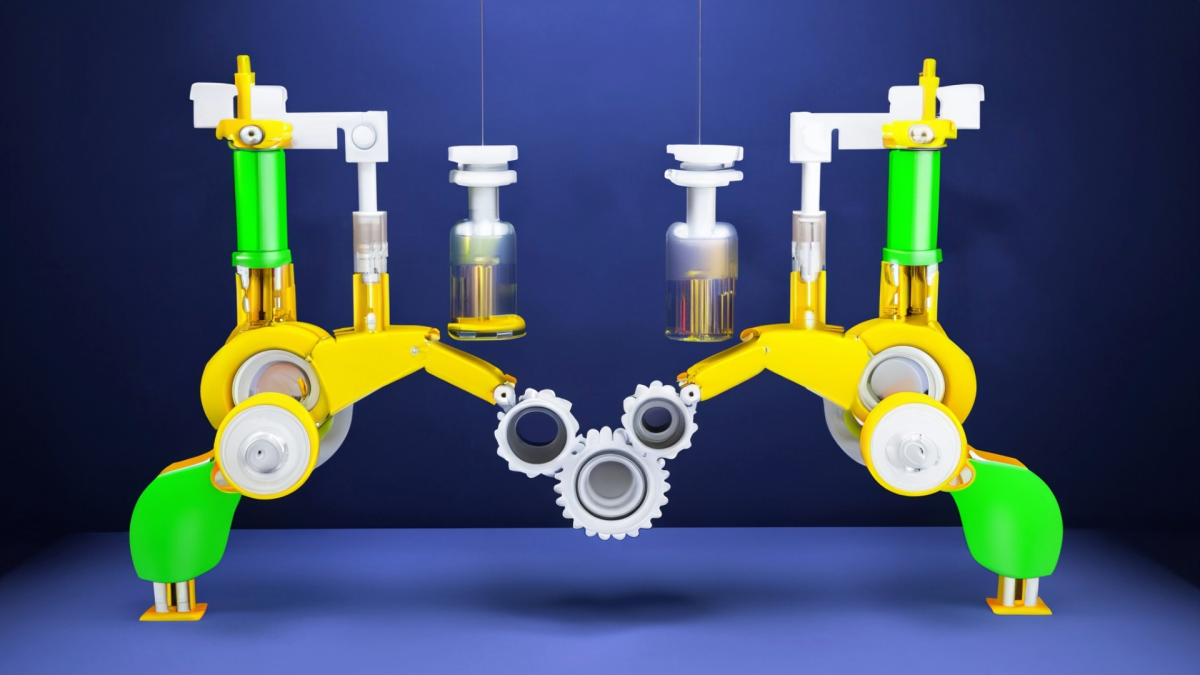
Future Thinking- Ice Mining On the Moon & Gravitational Force
This 2-Day STEM lesson takes place in a science classroom after students have explored the sun and solar system (including our planet, the moon, and asteroids), and is intended to focus on gravitational force for one hour both on Day 1 and Day 2.
Day 1: Students are encouraged to create and share a comic book adventure with at least four panels that illustrate how human forms deal with gravitational force, comets, meteors, and asteroids in outer space. **Futuristic ideas are highly encouraged.
Day 2: Students will study the relationship between mass and weight. They will also learn to use scales to calculate weight in Newtons on other celestial bodies both on paper and digitally.
Lesson Grade Level
6th GradeLesson Plan Link/URL
https://docs.google.com/presentation/d/1ycuMMrlNsimPgUerU39MyPbaO3wCtpt6/edit?u…Subject Area
Science Earth and Space Science E2: Earth & the Universe Technology 1. Empowered Learner 2. Digital Citizen 3. Knowledge Constructor 5. Computational Thinker Engineering S3: Apply Mathematics to Engineering S4: Apply Science to Engineering S5: Apply Technology to Engineering Mathematics Measurement and Data (MD) English Language Arts (ELA) Reading (Literature) Writing Speaking & ListeningRelated Content


This lesson is part 1 of 2. This lesson is set up to have students explore the friction bridge designed by Leonardo Da Vinci. Students first discover the inventor and become familiar with his life

This interactive 4th-grade lesson plan focuses on erosion and weathering, key concepts in understanding Earth's geology. In "Dynamic Earth," students use an interactive simulation to explore how